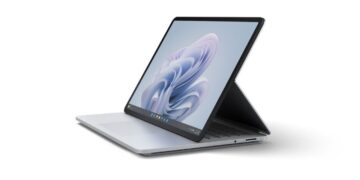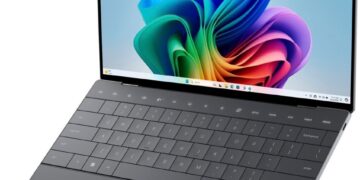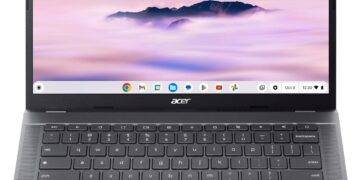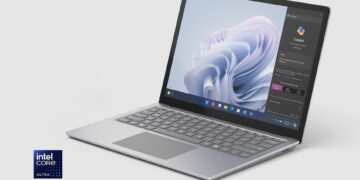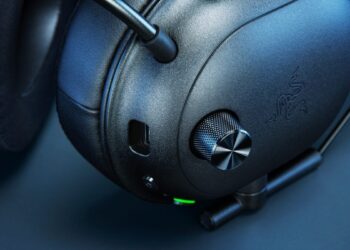For every intricate tech project, there’s a need for equally precise tools that won’t break the bank. Harbor Freight’s line of mini tools steps into this space, promising desktop-sized power for delicate tasks. But does this affordable collection deliver the fidelity required for modern electronics and maker projects?
When you unbox a tool like the Harbor Freight mini drill press or mini table saw, the first thing you notice is the trade-off. The design prioritizes a minimal footprint, making these tools a perfect fit for a crowded workbench or apartment workshop. However, this compact form factor is achieved with a heavy reliance on plastic and basic cast metal components. The build quality isn’t going to impress anyone accustomed to high-end German or Japanese equipment; you’ll find rough edges, visible mold lines, and a general lack of refinement. This isn’t a deal-breaker, but it sets the stage for what to expect: these are tools built to a price point, not a standard of perfection.

In terms of performance, the results are a mixed bag that leans heavily on user skill and patience. The mini table saw, for example, can be surprisingly capable for cutting PCB blanks, thin acrylic sheets, or balsa wood for custom enclosures. However, its stock blade and plastic fence demand careful setup and slow feed rates to avoid bogging down the small motor or getting an inaccurate cut. Similarly, the mini drill press can drill precise holes for components, but only after you’ve spent time checking and adjusting for runout in the chuck. The variable speed controls are a welcome feature, though the effective power band often feels narrow. These tools don’t work for you; you work with them, constantly tuning and compensating for their inherent limitations.
The true value proposition of the Harbor Freight mini tools isn’t in their out-of-the-box performance, but in their accessibility. For the cost of a single high-end tool, you can often acquire an entire suite of mini machines. This opens the door for hobbyists, students, and prototypers to experiment with fabrication techniques—like milling, lathing, or precision cutting—that would otherwise be financially out of reach. They serve as a low-risk entry point, allowing you to discover if you need the capability before investing hundreds or thousands more in a professional-grade machine. They are the ultimate “good enough” tools for tasks where absolute precision is secondary to simply getting the job done.
Ultimately, these mini tools are best suited for the tech-savvy tinkerer who enjoys modifying their equipment as much as their projects. If you’re looking for a plug-and-play solution that delivers flawless results every time, you will be sorely disappointed. But if you’re a patient maker on a budget, willing to put in some effort to tune, upgrade, and understand your tools, this collection offers an almost unbeatable value for adding new dimensions to your creative electronics and hardware projects.

Where to Buy:


Harbor Freight Mini Tools Quick Summary
Key Scores:
-
Value:
92% -
Design:
68% -
Performance:
75% -
Quality:
70% -
Popularity:
85%
Top Pros
- ✅ The extremely low price point makes new capabilities highly accessible.
- ✅ Their compact footprint is ideal for small or temporary workspaces.
- ✅ They serve as a low-risk entry point for hobbyist fabrication.
- …
Key Cons
- ❌ Build quality often requires user modification for acceptable accuracy.
- ❌ Included motors frequently lack the torque for harder materials.
- ❌ Precision and tolerances are notably inconsistent between individual units.

 Tech Essentials
Tech Essentials